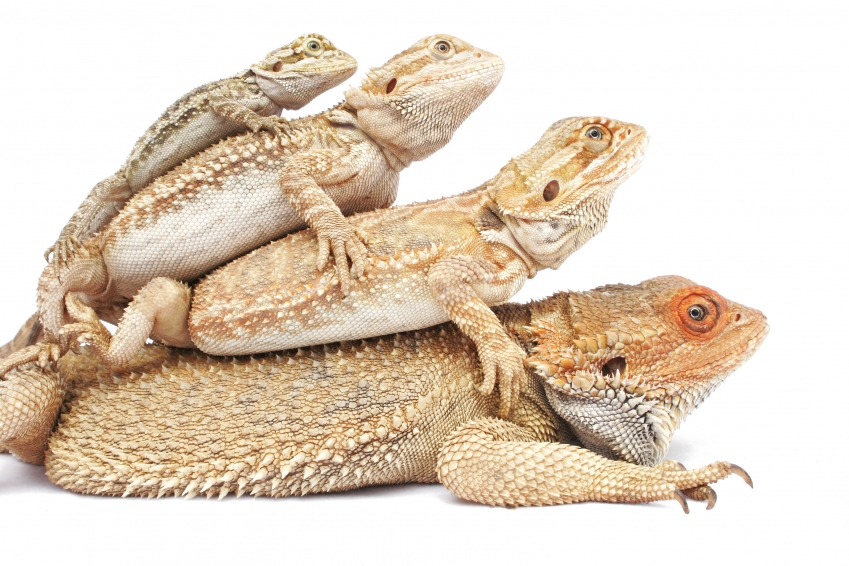Everything You Need to Know About Live Bearded Dragon Food
Why Live Food is Important for Bearded Dragons
Bearded dragons are popular pets, and for good reason. These lizards are easy to care for, have great personalities, and are generally friendly. However, as with any pet, caring for a bearded dragon requires proper feeding, including offering live food.
Live food is important for bearded dragons because it provides a variety of nutrients that can’t be found in pellet or freeze-dried food. Additionally, eating live prey helps keep bearded dragons stimulated and engaged.
Types of Live Bearded Dragon Food
There are a number of live foods that bearded dragons can eat. Here are some of the most common:
Crickets
Crickets are a popular food for bearded dragons because they are nutritious and mimic the type of prey bearded dragons would eat in the wild. Crickets should be dusted with calcium powder before being offered to your dragon.

Dubia Roaches
Dubia roaches are another great option for feeding bearded dragons. They are high in protein and low in fat, which makes them a healthy choice. Additionally, they are easy to keep as they don’t smell and don’t need to be refrigerated.

Hornworms
Hornworms are a soft-bodied insect that is high in moisture, making them a good choice for bearded dragons that need hydration. They are also high in calcium and low in fat, making them a healthy option.
How to Feed Live Bearded Dragon Food
When feeding your bearded dragon live food, there are a few things to keep in mind.
Offer Appropriate Size and Quantity
Bearded dragons should be offered live food that is appropriate in size for their age and size. As a general rule, the prey item should be no larger than the space between your dragon’s eyes. Additionally, do not offer more food than your dragon can eat in a single feeding.
Properly Gut Load and Dust Food
Before feeding live food to your bearded dragon, it’s important to properly gut load and dust the food. This involves feeding the prey item a nutritious diet for 24-48 hours before offering it to your dragon, as well as dusting it with calcium powder to ensure your dragon is getting the nutrients it needs.
Conclusion
Feeding live food to your bearded dragon is an important part of its diet. Not only does it provide necessary nutrients, but it also keeps your dragon stimulated and engaged. Remember to offer appropriate size and quantity, properly gut load and dust the food, and enjoy watching your dragon happily munch on its live prey!
